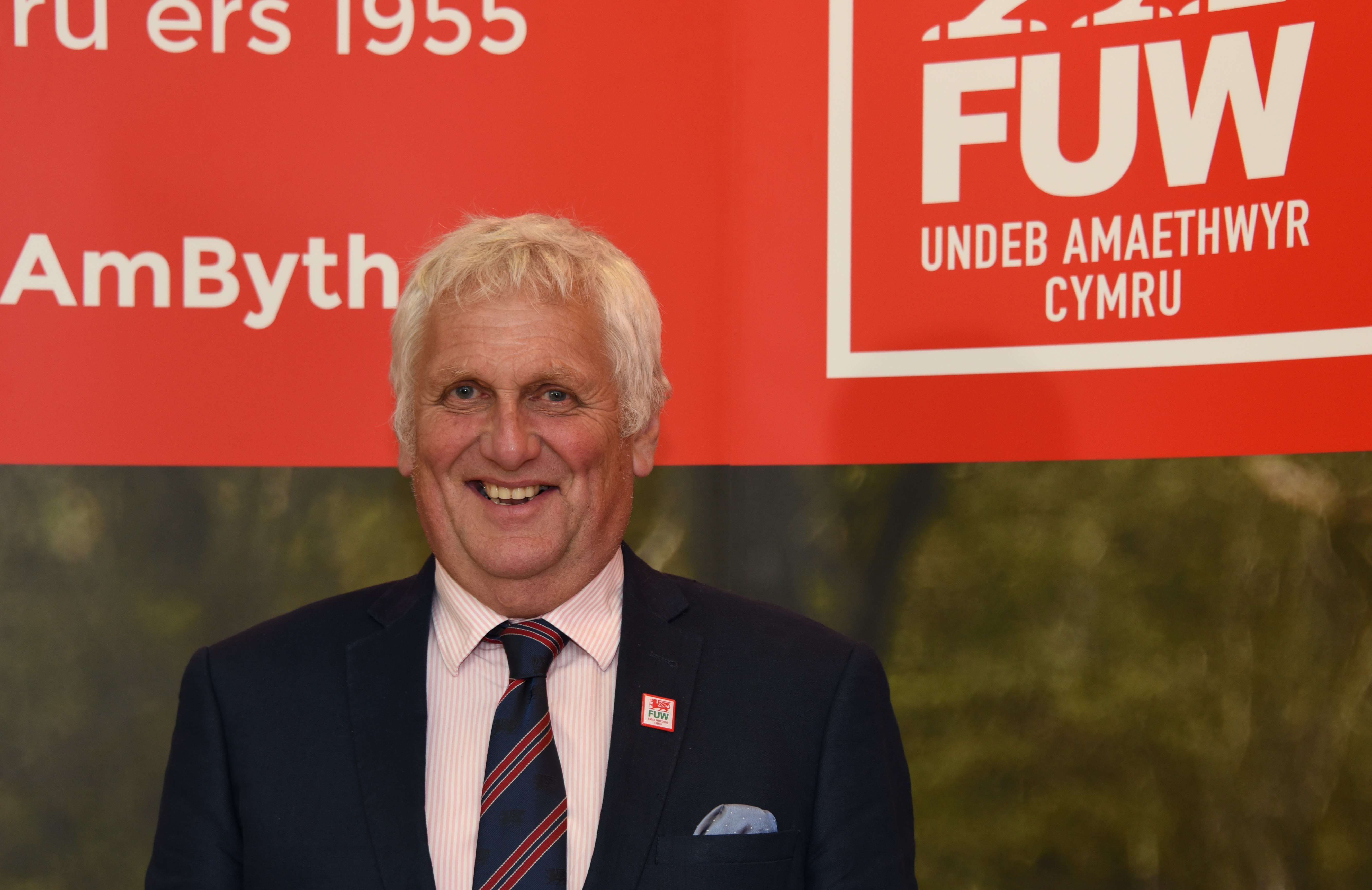 The Farmers’ Union of Wales has reacted cautiously to a Welsh Government statement setting out a timetable for moving from the Basic Payment Scheme to a new system post-Brexit, stressing that protecting family farms and our rural communities must be central to any future policy.
The Farmers’ Union of Wales has reacted cautiously to a Welsh Government statement setting out a timetable for moving from the Basic Payment Scheme to a new system post-Brexit, stressing that protecting family farms and our rural communities must be central to any future policy.
Speaking in plenary on Tuesday (May 8), Cabinet Secretary for Energy, Planning and Rural Affairs Lesley Griffiths confirmed that the Basic Payment Scheme will continue as planned for the 2018 and 2019 scheme years.
Assembly Members were told that a gradual multi-year transition from existing to new schemes would then take place from 2020, and that by 2025 she would like to see the implementation completed.
Further details would be published in July and be subject to consultation.
Speaking from his farm in North Wales, FUW President Glyn Roberts said: "We welcome the assurance given regarding the 2019 scheme year, but whether a five year transition period from 2020 is appropriate will depend upon a whole set of circumstances which are as yet unknown.
“These include the nature of any post-Brexit deal with the EU and what exactly we are transitioning to.”
Mr Roberts said that compared with other administrations Wales had an excellent fourteen year track record when it came to implementing transitions to new policies, but that great care was needed if this was to continue.
“Attempting to phase in a new system from 2020 could be damaging for businesses if it is overly ambitious and poorly investigated.
“Given that 2020 is little more than 18 months away, such a system would have to be compatible with current established IT systems if the sort of administrative meltdowns seen in Scotland and England were to be avoided,” he added.
“On the other hand we may need to rapidly implement special measures to negate the impacts of some post-Brexit scenarios, such as a the loss of access to the EU Single Market, so it’s also important for Welsh Government to ensure policies are flexible and able to take account of a variety of different circumstances, and that their policies do not put us in a corner.
“All the tools in the box must be kept available.”
Mr Roberts said the FUW would continue to consult with its membership and engage with the Welsh Government through the various Welsh Government groups which are looking at future policies.
"The bottom line is that protecting family farms and our rural communities must be central to any future policy.”
Whatever the outcome of the Brexit negotiations, Welsh farmers will compete at some level with those in the rest of the EU operating under the next Common Agricultural Policy support system - proposals for which will shortly be published by the European Commission.
“Wales needs to be mindful of this, and it’s essential we do not adopt an inward-looking approach and hamstring Welsh producers operating in competition with our EU counterparts,” added Mr Roberts.


